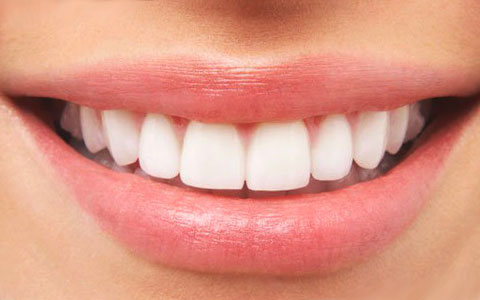Hyperdontia is a dental condition characterized by the presence of extra teeth, also known as supernumerary teeth, in the mouth. These additional teeth can emerge in both the primary (baby) teeth and permanent (adult) teeth. While the exact cause of hyperdontia is not fully understood, it is believed to be influenced by genetic factors and environmental factors, including syndromes and certain medical conditions.
Supernumerary teeth can appear in different locations and forms:
Hyperdontia may result from genetic mutations, but it can also be associated with certain conditions, such as:
The primary symptom of hyperdontia is the presence of extra teeth, which may cause a range of issues:
A dentist can identify hyperdontia through a physical examination and dental X-rays. In some cases, the extra teeth may not be immediately visible but can be discovered during routine dental check-ups.
Treatment for hyperdontia depends on the number, location, and impact of the extra teeth:
Hyperdontia is a rare but manageable condition. If you suspect that you or your child has extra teeth or if you have any concerns about your dental health, contact Westend Dental Clinic at (780) 484-0808 for an evaluation. Dr. Alexandra Bendic and our team can provide the appropriate diagnosis and treatment. You can visit us at 17303 Stony Plain Rd in Edmonton, AB for personalized care and consultation.
Contact us at Westend Dental Clinic for any questions or to schedule an appointment. Call (780) 484-0808 or visit us at 17303 Stony Plain Rd, Edmonton, AB.

Research indicates that individuals with dental coverage are more likely to seek necessary dental care on a regular basis compared to those without coverage. As a
For the healthiest gums use these formulas for brushing, flossing, massaging gums, mouth-rinses, proxa-brushes, sulca-brushes, rubber-tip stimulators to overcome sensitive teeth, to ease the recovery of oral surgery, and for general overall cavity prevention.
A beautiful smile can give patients a lifetime of happiness!
(780) 484-0808